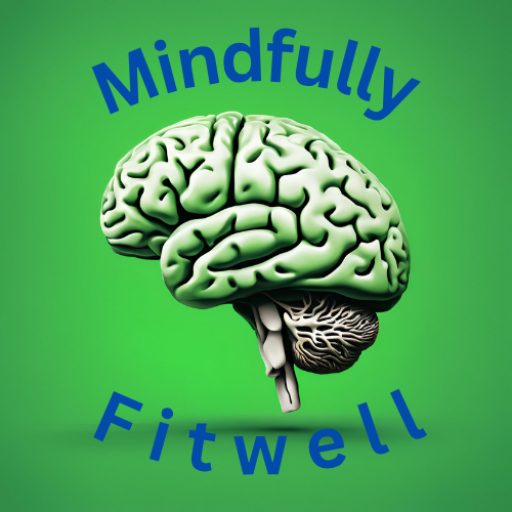Sleep is the cornerstone of a healthy mind and body, yet it’s often overlooked in the hustle of daily life. Understanding the connection between sleep and mental health can unlock the door to a more balanced, fulfilling life. For those seeking to master the art of restful nights, the Sleep Mastery Course offers a comprehensive guide, featuring proven techniques and real-life success stories from individuals who have transformed their sleep and well-being.
Why Sleep Matters for Mental Health
Sleep impacts every aspect of mental health. From mood regulation to cognitive function, a good night’s sleep is essential for emotional resilience and mental clarity. Lack of sleep can lead to heightened stress, anxiety, and even depression. On the flip side, quality sleep fosters positivity, focus, and overall mental well-being.
The Science Behind Sleep and Mental Health
Research shows a bidirectional relationship between sleep and mental health. Conditions like anxiety and depression often disrupt sleep, while poor sleep exacerbates these conditions. For example:
- Chronic Insomnia: A risk factor for depression, affecting mood and energy levels.
- Sleep Apnea: Linked to increased anxiety and stress levels.
- REM Sleep: Vital for emotional processing and memory consolidation.
Addressing sleep issues early can break this cycle, improving mental health outcomes.
Common Sleep Disruptors
To improve sleep quality, it’s essential to identify and address common disruptors:
- Stress: Elevated cortisol levels can delay sleep onset.
- Screen Time: Blue light suppresses melatonin production.
- Diet: Caffeine and heavy meals close to bedtime hinder sleep.
- Environment: Noise, light, and temperature can affect sleep quality.
Tips for Better Sleep
Here are actionable strategies to enhance sleep and, by extension, mental health:
Establish a Sleep Routine
- Go to bed and wake up at the same time daily.
- Create a calming pre-sleep ritual, like reading or meditating.
Optimize Your Sleep Environment
- Keep your room dark, quiet, and cool.
- Invest in a comfortable mattress and pillows.
Limit Stimulants
- Avoid caffeine and nicotine in the evening.
- Reduce alcohol consumption, as it disrupts deep sleep.
Manage Stress
- Practice mindfulness or yoga to relax before bed.
- Journaling can help clear your mind of worries.
Why Consider the Sleep Mastery Course?
The Sleep Mastery Course is designed for individuals looking to take control of their sleep patterns. Whether you’re battling insomnia, struggling with irregular schedules, or simply want to enhance your quality of life, this course provides expert insights and practical techniques to transform your nights and days.
Long-Term Benefits of Quality Sleep
Investing in better sleep has long-term benefits:
- Improved Mental Health: Reduced anxiety and depression symptoms.
- Enhanced Cognitive Function: Better focus, memory, and decision-making.
- Physical Health: Lower risk of chronic illnesses like heart disease.
Call to Action
Ready to take the first step towards better sleep and improved mental health? Explore the Sleep Mastery Course today. Discover the tools and strategies you need to reclaim your nights and rejuvenate your mind.

